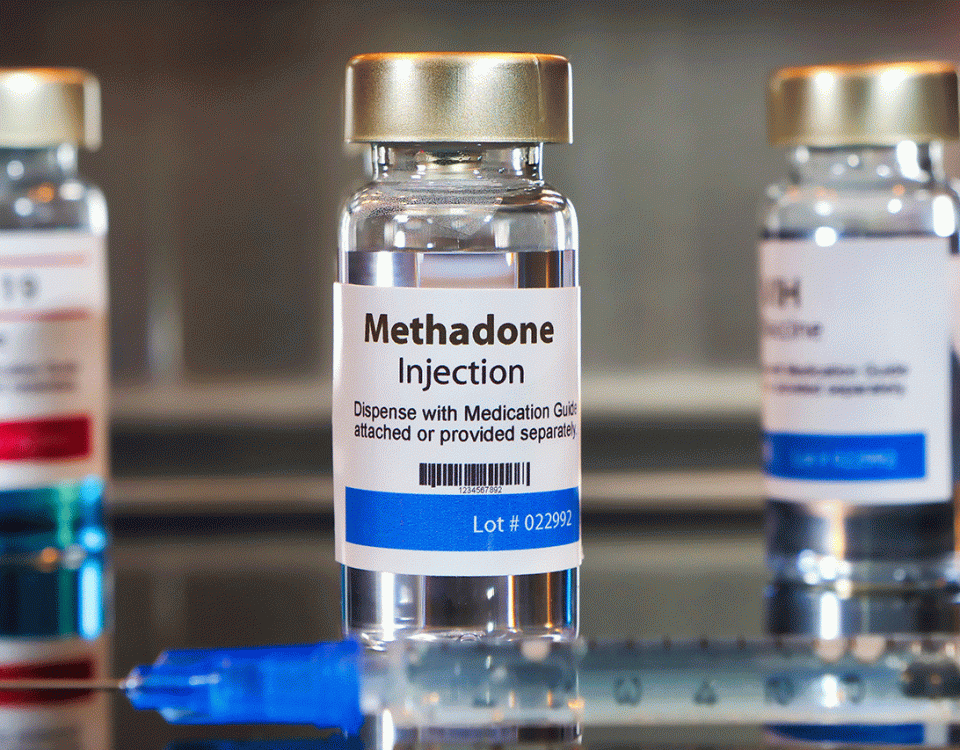The intricate relationship between alcohol consumption and its potential effects on the human body is a subject that has intrigued researchers and concerned healthcare professionals for decades. The increased risk of seizures is one of the significant health hazards linked to excessive or ongoing alcohol usage. Alcohol-induced seizures are a phenomenon that highlights the significance of understanding the complex interactions between alcohol and neurological function. The several forms of seizures associated with alcohol, their putative causes, and the crucial role of anticonvulsants for alcohol withdrawal are all covered by Banyan Treatment Centers Delaware.
Can Alcohol Cause You to Have Seizures?
Despite being frequently used in social settings, alcohol and the human body have a complicated connection. While most individuals can normally get away with moderate alcohol usage, heavy or ongoing alcohol misuse can have a variety of negative effects on one's health. The possibility of seizures brought on by alcohol is one such grave worry. Both those who consume alcohol and healthcare providers wishing to offer complete care must understand the relationship between alcohol use and seizures.
What Kind of Seizures Does Alcohol Cause?
Alcohol seizures can manifest in various forms, depending on factors such as the amount of alcohol consumed, the individual's tolerance, and their overall health status. Some of the primary types of alcoholic seizures include:
- Generalized tonic-clonic seizures: This kind of seizure is characterized by a loss of consciousness, then the stiffness of the body (the tonic phase), followed by rhythmic jerking movements (the clonic phase). It is frequently distinguished by its dramatic presentation. The most often reported type of seizure connected to alcohol usage is generalized tonic-clonic seizures.
- Complex partial seizures: These seizures entail altered consciousness or awareness but do not result in total loss of consciousness. People may engage in automatic behaviors, such as repetitive gestures or actions, during a complex partial seizure and may not remember the incident later on.
- Absence seizures: An abrupt and brief loss of consciousness is the defining feature of petit mal seizures, commonly referred to as absence seizures. A person experiencing an absence seizure may appear to be staring off into space and become unresponsive to external stimuli. Despite the fact that these seizures are less often when alcohol is consumed, they can still happen, particularly in cases of severe alcohol withdrawal or when a person is very drunk.
It's crucial to remember that not everyone who drinks alcohol will have seizures. Individual differences in sensitivity to alcohol-induced seizures, underlying medical issues, and co-occurring drug usage can all have an impact. Alcohol withdrawal, which occurs when a person abruptly stops drinking heavily, might also raise their risk of having seizures. This emphasizes how important it is to get medical advice when thinking about changing your alcohol consumption habits, especially if you have a history of heavy drinking.
Utilizing Anticonvulsants for Alcohol Withdrawal Seizures
After lengthy years of heavy drinking, people who abruptly stop or considerably reduce their alcohol intake may have alcohol withdrawal syndrome, a hazardous medical disease. The probable occurrence of seizures is one of the most worrisome effects of alcohol withdrawal. These seizures can range in intensity from mild to severe, and in severe situations, they might even develop into the potentially fatal status epilepticus. Healthcare professionals may decide to give patients anticonvulsant drugs to reduce this risk. These medications, created to regulate aberrant brain electrical activity, are essential for controlling alcohol withdrawal seizures and preserving the health of those who experience them.
Using an anticonvulsant for alcohol withdrawal seizures requires a carefully individualized strategy depending on the patient's medical background, the intensity of their withdrawal symptoms, and any existing illnesses.
Examples of anticonvulsants that can be used for a seizure from alcohol withdrawal include:
- Diazepam (Valium): This is a benzodiazepine medication that operates as a central nervous system depressant. Seizures are among the symptoms of alcohol withdrawal that are frequently treated with it. Its long-lasting effects serve to regulate brain activity and reduce the likelihood of seizures.
- Lorazepam (Ativan): Another benzodiazepine, this is typically used when a rapid onset of action is required. When administered orally or intravenously, it is effective in reducing seizures brought on by alcohol withdrawal and is readily absorbed.
- Phenobarbital (Solfoton): This anticonvulsant barbiturate is occasionally used to treat severe alcohol withdrawal symptoms, such as seizures. Because of its prolonged duration of effect, it is appropriate for people who need ongoing seizure control.
- Carbamazepine (Tegretol): While generally used as an antiepileptic medication, carbamazepine (brand name: Tegretol) can also be helpful in the context of alcohol withdrawal seizures. It functions by preventing excessive neuronal activity by regulating sodium channels in the brain.
- Gabapentin (Neurontin): Although not a conventional anticonvulsant, gabapentin (Neurontin) has demonstrated promise in treating alcohol withdrawal symptoms, including seizures. In the brain, it modifies calcium channels, which can aid in stabilizing neuronal activity.
It is essential that the choice and dosage of anticonvulsants be made by a medical professional with training in neurology or addiction medicine and thorough knowledge of the individual's unique circumstances. In order to maintain the best seizure control and general safety during the alcohol withdrawal phase, regular monitoring and changes may be required.
Alcohol Recovery at Our Milford Rehab Center
For those who are facing alcoholism withdrawal, our alcohol detox in Delaware is a fantastic option. We have the ability to prescribe the necessary medications to help a person who could be at risk for seizures during this delicate process. Once this stage of recovery is complete, patients move into our alcohol treatment program, where we are able to apply a variety of therapies and techniques to help patients achieve and maintain sobriety. All of this and more are offered by the treatment professionals at our Delaware rehab center.
Call Banyan today at 888-280-4763 to learn more about our Delaware rehabs and the ways that they can enrich the lives of you or your loved one today.











